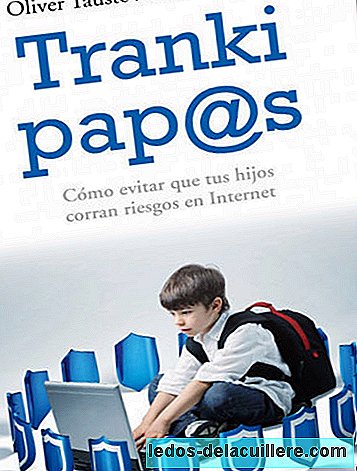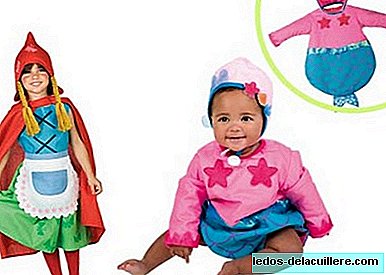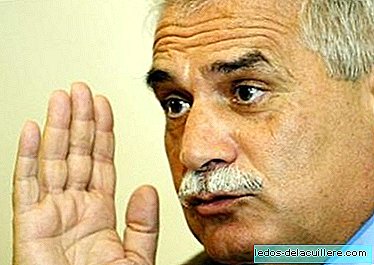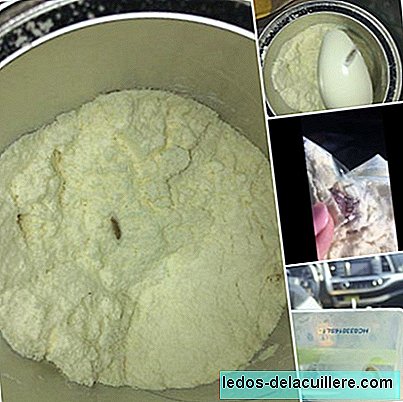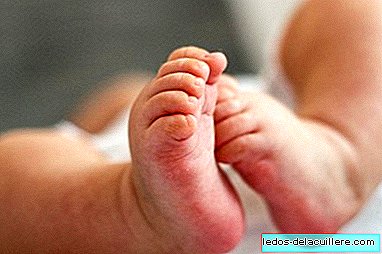
Meningitis cases are rare but very aggressive, and although it is a disease that can occur at any age, it is more common in children under five years of age, the first year being the most vulnerable.
The last victim of this disease in Spain has been an 11 month old baby who lived in a town in the Pla d'Urgell region, in Lleida. The girl was transferred to the Parc Taulí Hospital in Sabadell (Barcelona) where she died this weekend due to a pneumococcal sepsis.
Meningitis is a disease that progresses very fast and if it reaches the bloodstream it can cause a sepsis, or septicemia, causing the failure of vital organs.
It is not known yet (tests are underway) what kind of meningitis was the cause of death, or how he got it, or if the girl was vaccinated or not.
As happens when these types of cases occur, the health protocol was activated in the girl's environment. The Epidemiological Surveillance Service of Lleida has taken the usual measures of surveillance and prevention of the disease, both from family members and in the nursery attended in Mollerussa.
What is meningococcal disease
Meningitis is a very contagious disease which consists of the inflammation of the meninges, which are membranes that cover the entire central nervous system (brain and spinal cord), and the cerebrospinal fluid they contain.
Meningitis It can be produced by viruses or bacteria, and occur more frequently during winter and early spring, when respiratory diseases are more common.
Viral meningitis is more frequent and milder (it can come from a great diversity of frequent viruses such as mumps, chicken pox, rubella ...), while the meningococcal meningitis, as in this case, is a very aggressive bacterial infection caused by the Streptococcus pneumoniae, also known as pneumococcus.
Although it is a very rare disease, it appears suddenly and can reach cause death in a few hours. According to the AEP, meningitis affects between 400 and 600 people every year, 10 percent with fatal consequences, and about 30% are left with neurological sequelae. The only way to prevent it is administering the vaccine.
Types of meningitis and vaccines

There are numerous types of meningococci or serogroups. In Spain, most cases of meningococcal disease are caused by the bacteria neisseria meningitidis type C and type B.
Against type C all children receive the meningitis C vaccine free of charge according to schedule at four months of life, at 12 months and at 12 years, while against type B there is the unbalanced Bexsero B vaccine, which Parents must buy at the pharmacy and they are dropping.
In its latest recommendations, the Vaccine Advisory Committee of the AEP recommends applying it after two months of life, with a margin of 15 days if other vaccines are applied. The doses vary according to the age of the child: 4 doses (3 + 1 recall) if the child is under 6 months, 3 doses (2 + 1 recall) if it is between 6 and 24 months, and 2 doses if He is over two years old.
Meningitis symptoms
The most frequent symptoms are fever, headache, nausea and vomiting. It can be accompanied by agitation, obnubilation and decreased level of consciousness and the appearance of epileptic seizures and other signs of brain involvement. The most notable data in physical examination is the neck flexion stiffness or neck stiffness.
At the slightest symptom, you have to go to the hospital urgently.



